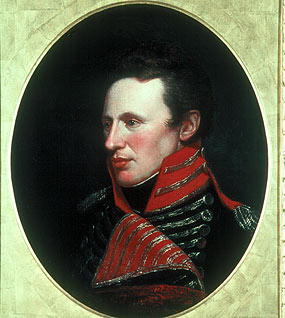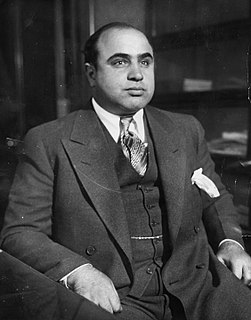A Quote by Benjamin Franklin
Savages we call them because their manners differ from ours.
Related Quotes
When white men first effect contact with some unspoilt race of savages, they offer them all kinds of benefits, from the light of the gospel to pumpkin pie. These, however, much as we may regret it, most savages receive with indifference. What they really value among the gifts that we bring to them is intoxicating liquor which enables them, for the first time in their lives, to have the illusion for a few brief moments that it is better to be alive than dead.

































